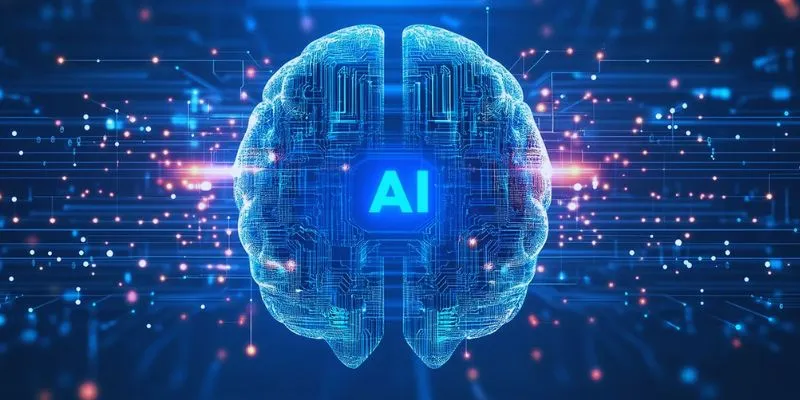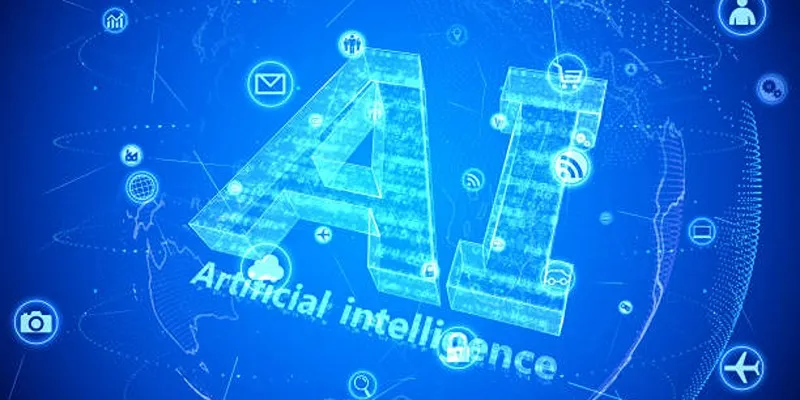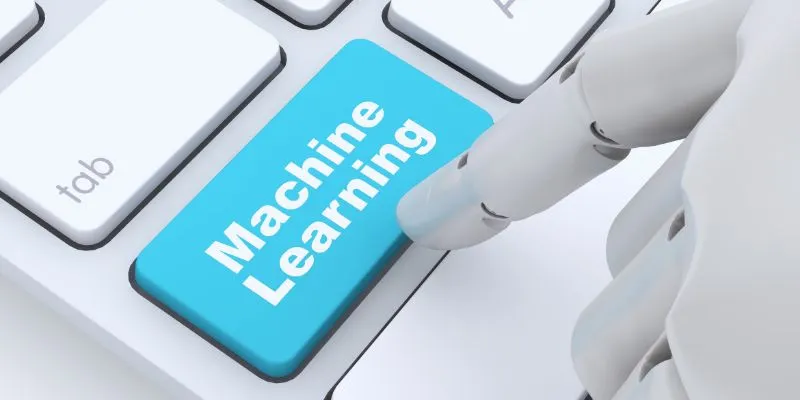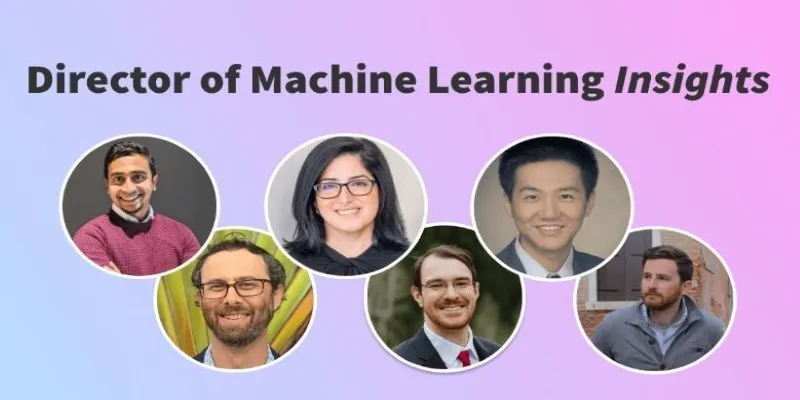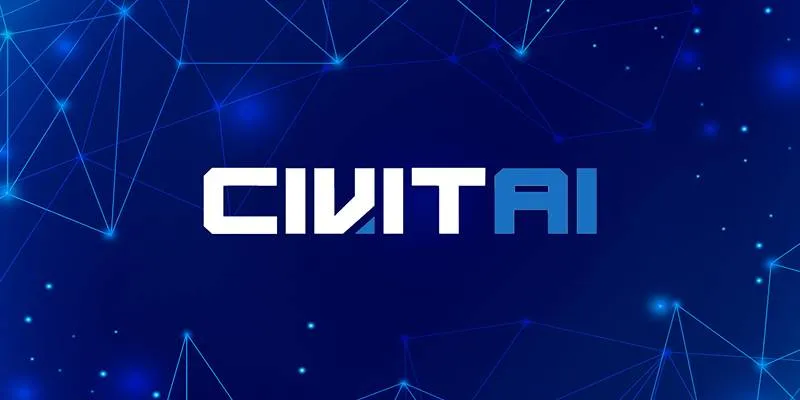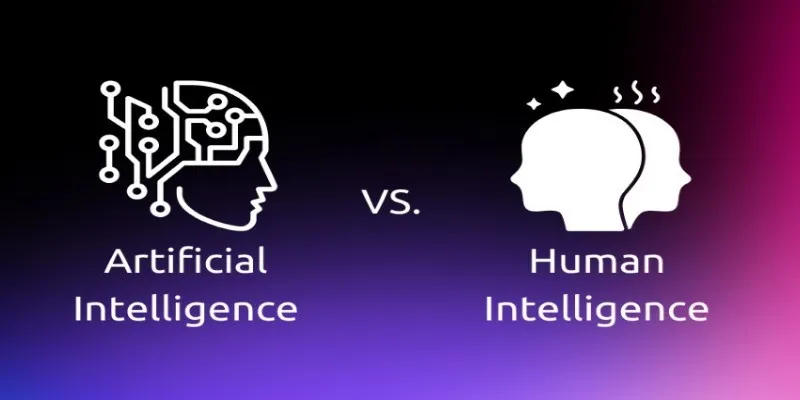Artificial Intelligence (AI) is reshaping the world and significantly altering the way we work. Studies suggest that 40% of jobs may be impacted within just three years. This rapid transformation brings opportunities for innovation but also presents challenges for workers. Understanding AI’s role is crucial as it creates new tasks while automating repetitive ones, forever changing the job landscape.
The Rapid Rise of AI in the Workplace
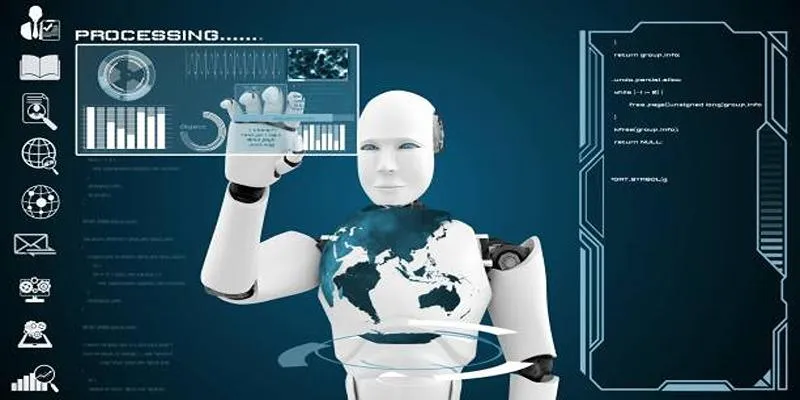
The swift evolution of AI technologies—including machine learning, natural language processing, and automation—has revolutionized business operations. Modern enterprises adopt AI to optimize operations, reduce costs, and improve decision-making. From customer service chatbots to predictive analytics in manufacturing, AI is becoming an essential component of contemporary workplaces.
A major catalyst for this shift is the growing accessibility of AI tools. AI- as-a-Service models and cloud-based platforms offer technological solutions to businesses of all sizes, including small and medium-sized enterprises. This increased accessibility leads to substantial work process transformations across industries.
Industries Transforming Through AI
AI is reshaping nearly every sector, but its impact is particularly transformative in a few key industries. Here’s a closer look at areas where AI is driving significant change:
1. Healthcare
AI is revolutionizing healthcare by enhancing diagnostics, tailoring treatment plans, and streamlining administrative processes. For example, AI-powered tools can analyze medical images with greater accuracy than human specialists, enabling early disease detection. AI-based chatbots handle standard patient inquiries, allowing healthcare personnel to focus on complex cases and critical care.
2. Manufacturing
AI enhances manufacturing efficiency through predictive maintenance, quality assurance, and supply chain optimization. Smart factories utilize AI-enabled sensors and robots to monitor machine operations in real-time, reducing breakdowns and defects. This technological advancement boosts productivity and creates safer working environments.
3. Retail
Retailers leverage AI to deliver personalized shopping experiences, streamline inventory management, and refine pricing strategies. AI algorithms analyze consumer behavior to recommend products, while automated systems ensure seamless stock replenishment. These innovations help businesses remain competitive in an evolving digital landscape.
4. Finance
The financial sector embraces AI for fraud prevention, risk management, and customer service enhancement. AI-driven systems process massive datasets to detect suspicious transactions, and virtual assistants provide round-the-clock support. These advancements strengthen security and enhance the overall customer experience.
5. Transportation and Logistics
AI is transforming transportation and logistics through route optimization, autonomous vehicles, and warehouse automation. Self-driving trucks and drones reduce delivery times and cut operational costs, while AI-powered systems streamline warehouse processes for faster and more accurate order fulfillment.
The Evolving Job Landscape
As AI takes over repetitive and routine tasks, the job market is undergoing a significant transformation. While some positions may become redundant, new opportunities will emerge, demanding advanced skills and creativity. Here’s how the workforce is expected to adapt:
The Need for Upskilling and Reskilling
To stay competitive in an AI-driven world, workers must continuously upskill or reskill. For instance, a factory worker previously performing manual tasks might need to learn how to operate and maintain AI-powered machinery. Professionals in data-intensive industries like finance and healthcare will need to develop proficiency in AI tools and analytics to remain effective.
Greater Focus on Soft Skills
As AI takes over technical responsibilities, soft skills such as critical thinking, communication, and emotional intelligence will become increasingly essential. Jobs relying on human interaction, creativity, and problem- solving—such as management, marketing, and customer service—will be in high demand, placing a premium on these interpersonal abilities.
Emergence of Hybrid Roles
AI’s integration across industries is creating hybrid roles that blend technical expertise with specialized domain knowledge. For example, marketing professionals may need to leverage AI-driven analytics tools to craft impactful campaigns, while healthcare workers might use AI to interpret patient data and deliver personalized care. These roles require a combination of human insight and technological fluency.
Challenges and Opportunities in the Age of AI
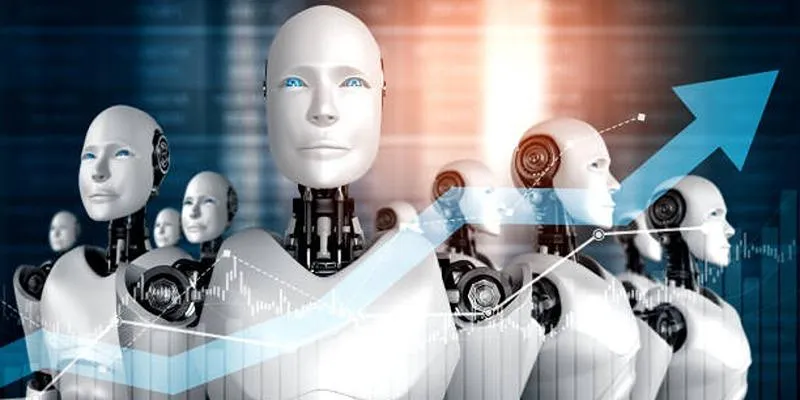
The rise of AI offers countless opportunities but also presents significant challenges:
1. Job Displacement
A major concern is the risk of job displacement, particularly in roles reliant on repetitive tasks. However, history shows that technological progress often creates more jobs than it eliminates. The challenge lies in preparing the workforce with the skills needed to transition into emerging roles and industries.
2. Ethical Considerations
AI adoption brings critical ethical challenges, including privacy, bias, and accountability issues. Algorithms trained on biased data can unintentionally reinforce discrimination. To address this, businesses and policymakers must implement robust guidelines to ensure AI systems are developed and deployed responsibly, with transparency at their core.
3. Economic Inequality
AI’s benefits may not be evenly distributed, potentially widening economic disparities. To counter this, governments and organizations need to prioritize investment in education and workforce training programs, empowering people from all backgrounds to thrive in an AI-driven economy.
Preparing for the Future
Thriving in an AI-driven world requires intentional, forward-thinking strategies from both individuals and organizations. Here’s how to stay ahead:
- Embrace Lifelong Learning : As the job market evolves, continuous learning will be essential. Take advantage of online courses, certifications, and training programs to acquire skills that keep you competitive in a rapidly changing landscape.
- Promote Collaboration Across Stakeholders : Building a future-ready workforce demands a united effort from governments, businesses, and educational institutions.
- Foster a Culture of Innovation : Organizations that embrace AI and champion innovation will lead the way. Success requires more than adopting cutting-edge technology—it demands cultivating a culture that values creativity, adaptability, and bold, forward-thinking solutions.
Conclusion
The anticipated transformation of 40% of the workforce by AI over the next three years underscores the immense potential of this groundbreaking technology. While such rapid change may feel overwhelming, it also unlocks unprecedented opportunities for innovation and growth. Success in this new landscape will require a commitment to upskilling, openness to emerging roles, and a proactive approach to tackling challenges. The future of work is already unfolding, with AI leading this transformative era.
 zfn9
zfn9





